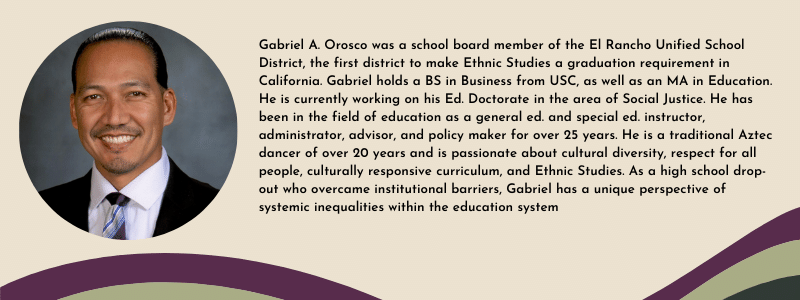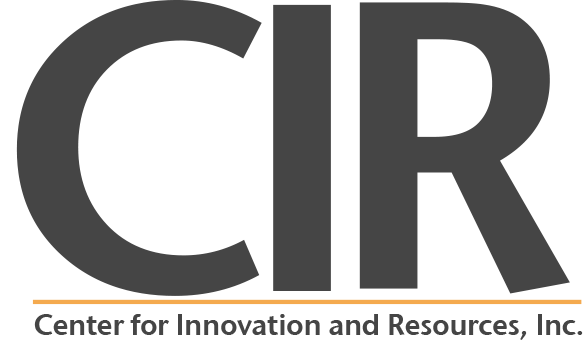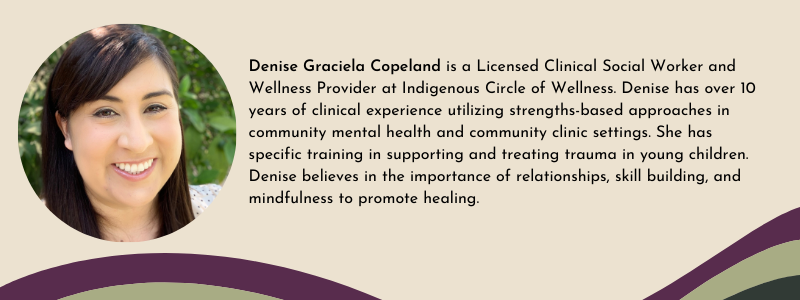We are honored to announce CATTA’s 2021 Statewide Training, which is a multipart Learning Series on Historical Trauma and the role it plays in the work service providers do with marginalized communities. While the impact of racialized, historical trauma is certainly not new or emerging, the conversation is imminent in any intentional or mindful setting focused on best practices in healing and treating children who have experienced trauma. We’ve sought the participation and leadership of some of the field’s most beloved subject matter experts and have compiled a training we believe everyone can benefit from. Please join us for a multipart* series to be released over the next few months that accommodates various learning styles, featuring:
- An audio article
- Two podcast episodes
- A webinar
- A 2-part interactive workshop
The CATTA Center would like to recognize Taquelia Washington, LCSW and Sayida Peprah, PsyD for their dedication to the development of this Learning Series. Listen in on a conversation between these two brilliant minds in Part 2 of the series!
*CEUs will be offered for select parts of the learning series.
To center participants in the overall framework of this series, we’ve started with an audio recording of a research article by Cari Michaels, MPH, published by the Center for Excellence in Children’s Mental Health titled Historical Trauma and Microagressions: A Framework for Culturally Based Practice. Once registered, participants will have the option to read or listen to the article in its entirety. Find citations, references, and editorial information on the downloadable version of the written article.

In the two-episode premiere of a brand new podcast from the Center for Innovation and Resources, Inc. (CIR), join a discussion between Taquelia Washington, LCSW (Radicle Root Collective) and Sayida Peprah, PsyD (Diversity Uplifts) regarding the role historical trauma and cultural resilience plays in the work service providers are doing with marginalized communities.
At the end of the two-episode podcast, listeners will:
- Be able to describe the role that historical trauma and cultural resilience plays in the work that they are doing with marginalized communities
- Understand how historical trauma impacts the brain and nervous system
- Learn key skills to use as healing strategies when working with racially marginalized communities
ABOUT THE EXPERTS
In Part 3 we will build on the knowledge gained in the previous parts of the series to identify specific strengths-based interventions to utilize while supporting racially-marginalized individuals who are experiencing trauma-related activation. This webinar will address provider focused strategies to reduce activation and is intended for service providers who may come in contact with those who have experienced trauma.
By the end of this training participants will be able to:
- Identify environmental factors that can contribute to trauma-related activation
- List at least three specific interventions to use when working with racially-marginalized clients who are experiencing trauma-related activation
- Assess provider factors that can contribute to historical trauma-related activation
MEET THE PRESENTER

In this final part of the series, founders of Ehecatl Wind Philosophy, Gabriel Orosco and Veronica Valadez, will build upon the knowledge shared in previous sessions to analyze and identify how white supremacy, generational poverty, and trauma are perpetuated and maintained at the individual and systemic levels. This interactive 2-part workshop will guide participants in using ancestral wisdom and decolonial frameworks to identify root causes of systemic oppression and trauma in order to best address the needs of agencies and the children and families they serve.
By the end of this workshop participants will be able to:
- identify and analyze the role of White supremacy and White saviorism and how they are embedded in different sectors of society.
- reflect, discuss, and explain on allyship vs accompliceship, non-racist vs antiracist, empowerment, power dynamics of the workplace, and ways in which we may be complicit in upholding White supremacist culture.
- apply learning towards identifying root causes of the issues their clients may be experiencing by completing a root-cause analysis.
- utilize a root cause framework to develop more inclusive and culturally relevant approaches.
You must have completed parts 1-3 of the Statewide Learning Series to be eligible to attend this workshop. If you did complete them, you should receive an email invitation to register for part 4. Please email Emma Edwards at emma.edwards@cirinc.org if you participated in parts 1-3 and did not receive an email to join part 4.
MEET THE PRESENTERS




